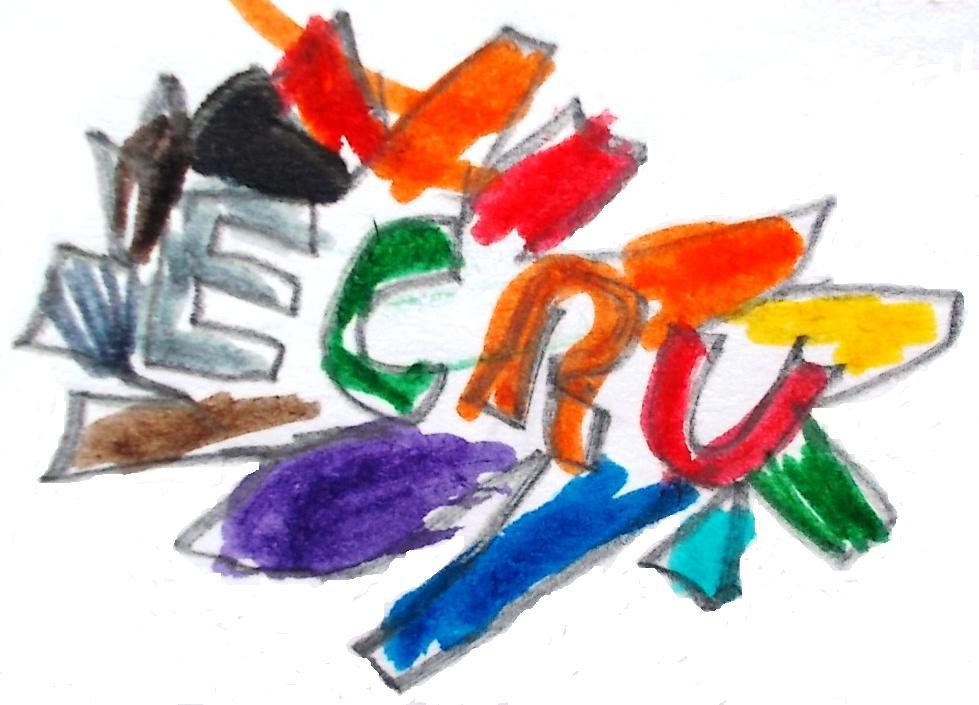ECRU is able to perform actions of planning, coordination and monitoring to provide social assistance to protect children and to support parents of vulnerable and marginalized populations (the elderly, the handicapped, drug addicts, prisoners, migrants).
Prevent discomfort, combat early school leaving, the fight against discrimination are some of the priorities that the EU shows in its main strategic lines of the future Europe.
Prevention and discomfort
Planning and coordination of services and interventions:
- for children in a state of neglect and risk behaviors of deviance
- assistance aimed at infancy, childhood, family
- to protect children and to support parents
- to support the social integration of immigrants
- in favor of persons with a particular and specific risk of social exclusion and poverty
Psychosocial prevention in children to remove and reduce the risk of deviance, development difficult, disharmonies in growth: clinical and psychosocial intervention aimed at minors, families, communities
Development of methodologies, tools and creative approaches to the implementation of innovative courses in education both at school and community level, individual and group, aimed at achieving effective learning, pro-social skills, expressive skills and emotional
Investigations psycho-social
Monitoring of emerging needs and to facilitate adequate planning of interventions involving the social partners.
Health and social services
- Designing start-up and management of social and health facilities for day and residential self-sufficient elderly and dependent
- Research and intervention in the field of dementia and Alzheimer’s
- Designing, delivery and acquisition of social services – health care and social – health aimed at older people
- Designing and provision of social services targeted at vulnerable groups and marginalized populations (people with disabilities in adulthood, drug addicts, prisoners, travelers, foreigners)
- Coordination interventions provided to disabled adults also as a result of socio-health integration programs

 English
English Italiano
Italiano